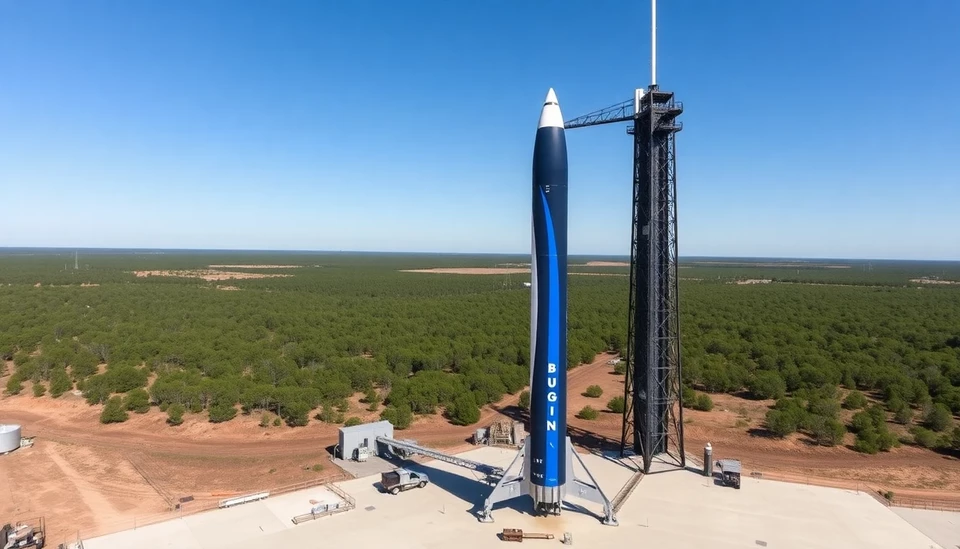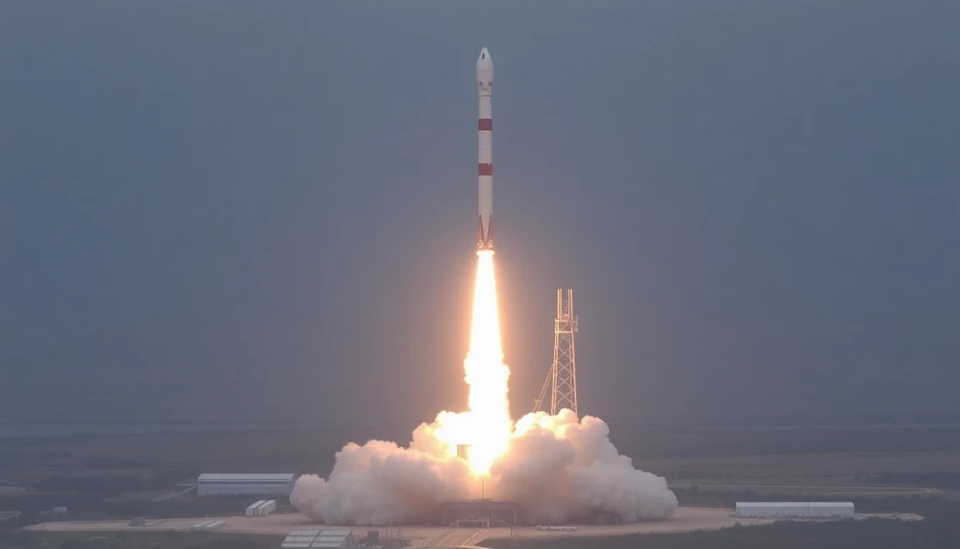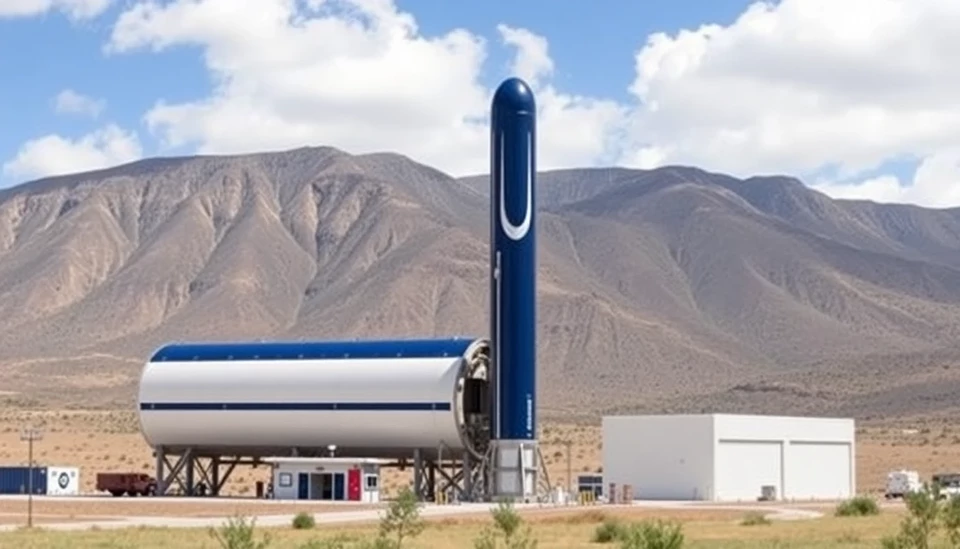
In a significant development in the aerospace landscape, Blue Origin, the private space venture founded by Amazon mogul Jeff Bezos, has officially announced a delay in the maiden flight of its New Glenn rocket. This anticipated launch, which was initially planned for late 2024, will now take place later than previously scheduled, marking a notable setback for the company’s launch timeline.
The New Glenn rocket, a heavy-lift vehicle that was designed to compete with industry leaders such as SpaceX and the United Launch Alliance, is integral to Blue Origin's vision of increasing access to space. Named after pioneering astronaut John Glenn, the rocket is expected to be capable of delivering both crewed and uncrewed payloads to various orbits, thus opening up new possibilities for commercial advantages and advancements in space exploration.
The delay has sparked concerns among investors and industry insiders about Blue Origin’s operational capabilities. CEO Bob Smith addressed the issue in a statement, emphasizing that the company is prioritizing the thorough testing and reliability of the New Glenn rocket before its first launch. This sentiment underscores a broader trend in the space industry, where safety and reliability are paramount, especially following several high-profile launch failures in recent years.
While many anticipated this launch as a critical milestone for Blue Origin to cement its position in a competitive market, sources suggest that logistical challenges and supply chain issues have contributed to the postponement. The aerospace sector has been grappling with various disruptions, and this latest announcement reflects the ongoing complexities faced by companies looking to innovate and expand in the rapidly evolving field of space exploration.
The New Glenn’s design includes reusable components aimed at reducing the cost of space travel, making it a pivotal offering for commercial satellite launches, cargo missions to the Moon and beyond, and even potential crewed missions in the future. This blueprint is aligned with Blue Origin's broader plans, which also encompass efforts to support NASA’s aspirations for lunar exploration under the Artemis program.
As the company works towards launching the New Glenn rocket, the delay brings to light the intense competition within the space sector. Companies like SpaceX have accelerated their launch schedules and increased their operational cadence, putting pressure on competitors like Blue Origin to deliver on their promises. The market is keenly observing how Blue Origin will adapt to this challenging landscape and whether it can resonate with the same level of public and commercial excitement as its rival.
Despite the setback, Blue Origin remains committed to its long-term vision of enabling millions of people to live and work in space. The company has a solid pipeline of contracts and partnerships lined up, reflecting confidence from clients who still see Blue Origin as a pivotal player in the future of space exploration.
The aerospace community awaits further updates from Blue Origin as they work diligently to overcome the hurdles posed by this delay. The company's next steps will be crucial not only for its own future but also for its role in shaping the dynamics of the commercial space industry as a whole.
#BlueOrigin #NewGlenn #JeffBezos #SpaceExploration #AerospaceIndustry #RocketLaunch #SpaceX #NASA
Author: Victoria Adams




